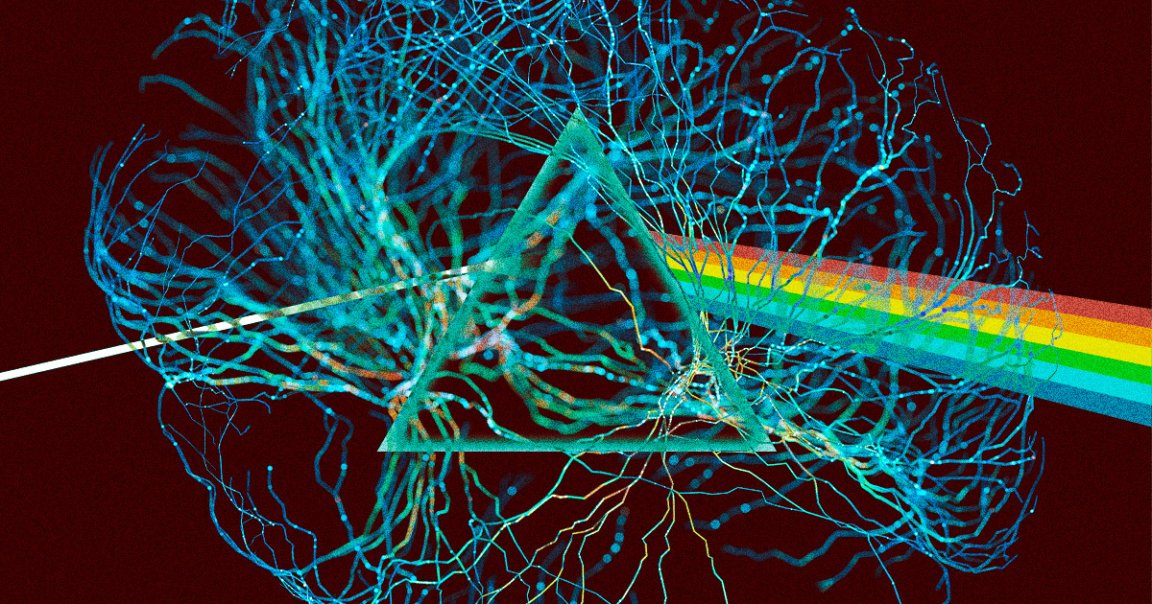
After a decade of research, scientists have managed to recreate a song from brain recordings with the help of AI — and they’re letting us hear the track.
In a press release about this pioneering research, UC Berkeley neurologist and psychology professor Robert Knight said that he and his fellow scientists have “begun to crack the code” on interpreting not only the content of human brain waves, but the meaning behind them as well.
Though other studies have managed to “translate” the content of brain waves, no others have been able to hack, to this degree, the “prosody” — a formal term for the “rhythm, stress, accent and intonation” which “carry meaning that the words alone do not convey.”
To get to the results, which were published this week in the journal PLOS Biology, neurologists at New York’s Albany Medical Center hooked up 29 participants to more than 2,600 intracranial electroencephalography (iEEG) nodes while they listened to Pink Floyd’s “Another Brick in the Wall Pt. 1.”
They found that when they placed nodes specifically over the brain’s auditory processing center — the superior temporal gyrus, which is located just above and behind our ears — they were able to collect the best data that ultimately translated into the strange approximation of the prog rock classic.
The raw data gleaned from the iEEG recordings was then run through artificial intelligence software that, as the Berkeley statement describes, was used to “decode brain activity and then encode a reproduction.” Along the way, researchers in the cross-continental endeavor not only managed to synthesize the song, but also were able to pinpoint parts of the brain involved in the processing of rhythm — and found that music appears to be a right-brain thing.
“Language is more left brain,” Knight said. “Music is more distributed, with a bias toward right.”
If you’re worried about outside actors snooping on the song stuck in your head, the researchers said that we need not be concerned because, unless you regularly wear a cap with thousands of electrodes on it, nobody’s going to be able to record your brain waves without your consent anytime soon.
Instead, this finding could be used to help people with trouble communicating, be it from a stroke or another kind of injury or condition that makes speaking difficult, to better convey what they want to say than they are able to now with even the most cutting-edge assistance.
“This gives you a way to add musicality to future brain implants for people who need it,” the Berkeley neurologist boasted. “It gives you an ability to decode not only the linguistic content, but some of the prosodic content of speech, some of the affect.”
More on brains: Doctors Remove Woman’s Brain Implant Against Her Will